Researchers at the University of Utah Health have made a groundbreaking discovery in the field of kidney disease, successfully reversing kidney damage in mice by targeting a specific molecule responsible for acute kidney injury. According to a recent study, the team found that fatty molecules called ceramides trigger acute kidney injury by damaging the mitochondria that power kidney cells. By altering ceramide metabolism or using a new drug candidate, the researchers were able to protect mitochondrial function and completely prevent kidney injury in mice.
The study, published on November 14, 2025, sheds light on the underlying mechanisms of acute kidney injury, a condition that can be life-threatening and also raise the likelihood of developing permanent chronic kidney disease. Acute kidney injury can occur after major stressors such as sepsis or heart surgery, and more than half of all intensive care patients experience it. Currently, no approved medications exist to treat this condition.
"We've been searching for a way to prevent or treat acute kidney injury for a long time, and this study gives us new hope," said Dr. Luis Cedeño-Rosario, a researcher at the University of Utah Health and lead author of the study. "By understanding how ceramides contribute to kidney damage, we can develop new treatments that target this specific molecule and prevent kidney injury."
The researchers used a combination of experimental and computational approaches to identify the role of ceramides in acute kidney injury. They found that ceramides accumulate in the kidneys of mice with acute kidney injury, leading to damage to the mitochondria, which are the powerhouses of the cell. By altering ceramide metabolism or using a new drug candidate, the team was able to prevent kidney injury in mice.
The discovery has significant implications for the treatment of acute kidney injury in humans. According to Dr. Cedeño-Rosario, "If we can develop a treatment that targets ceramides, we may be able to prevent kidney injury and reduce the risk of developing chronic kidney disease."
The study's findings also highlight the importance of understanding the underlying mechanisms of acute kidney injury. "This study shows that by understanding the biology of acute kidney injury, we can develop new treatments that target specific molecules and prevent kidney damage," said Dr. Cedeño-Rosario.
The researchers are now working to translate their findings to humans, with plans to conduct clinical trials in the near future. While the study's results are promising, more research is needed to confirm the efficacy and safety of the new treatment approach.
In the meantime, the study's findings provide new hope for patients with acute kidney injury. As Dr. Cedeño-Rosario noted, "This study gives us a new direction to explore in the treatment of acute kidney injury, and we are excited to see where this research will take us."
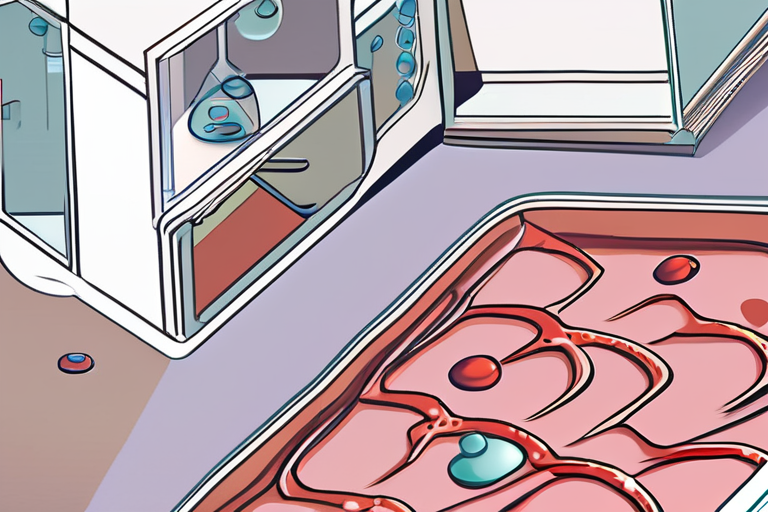

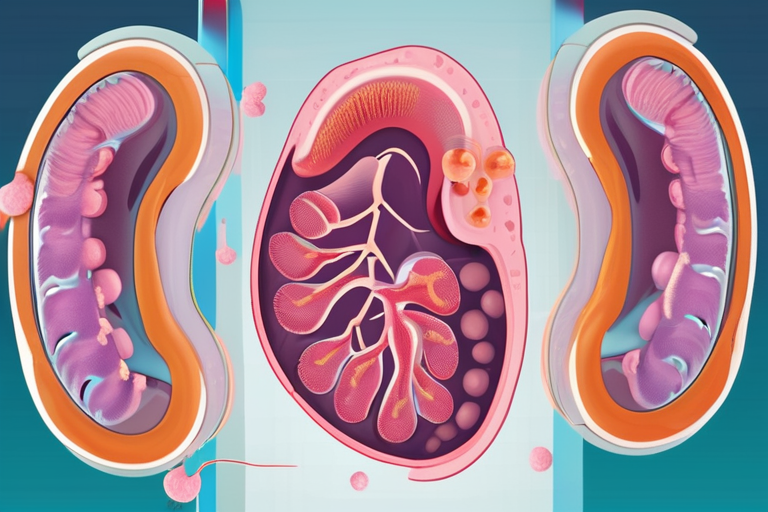
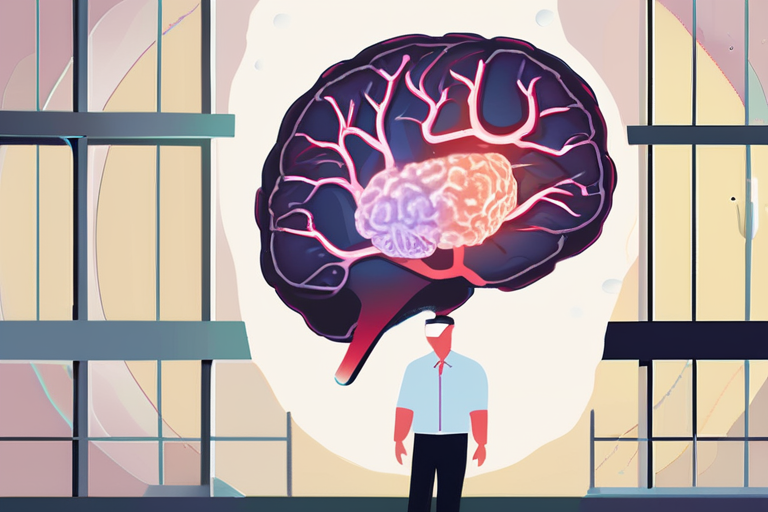

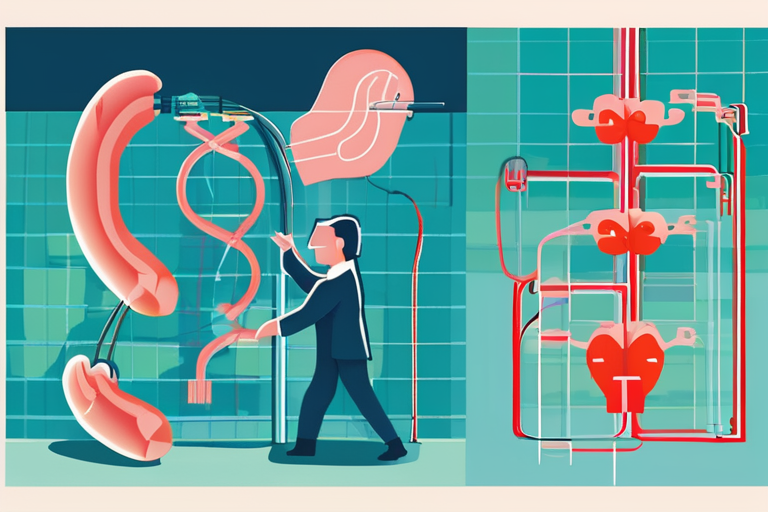
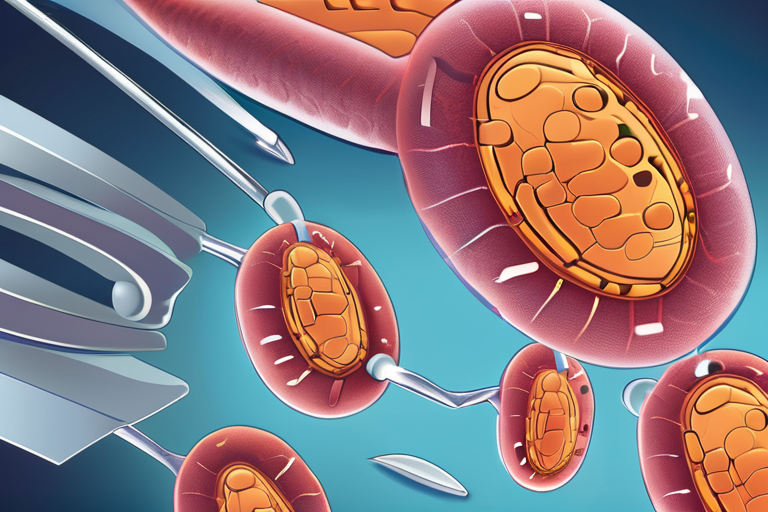
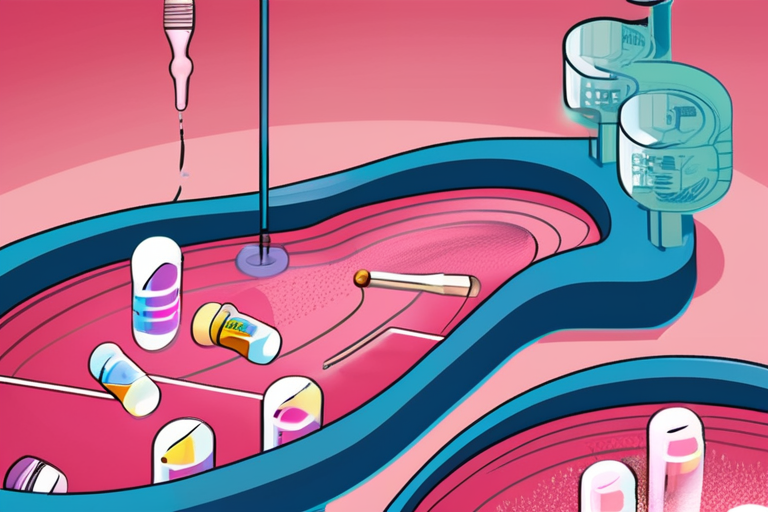



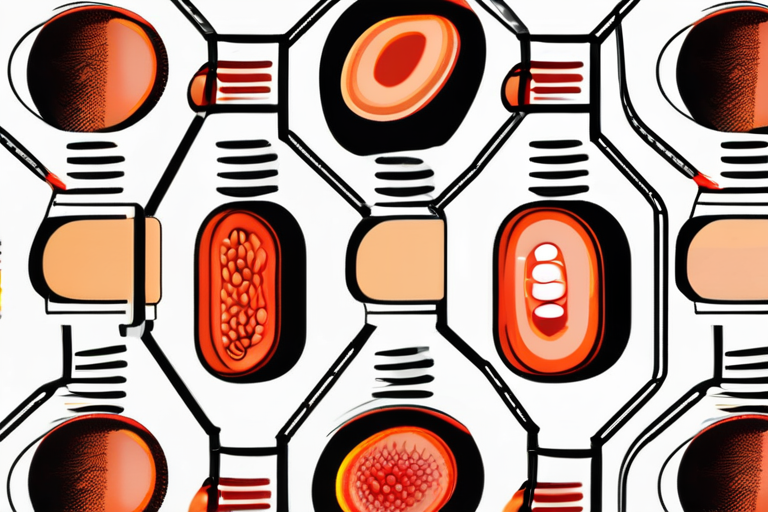
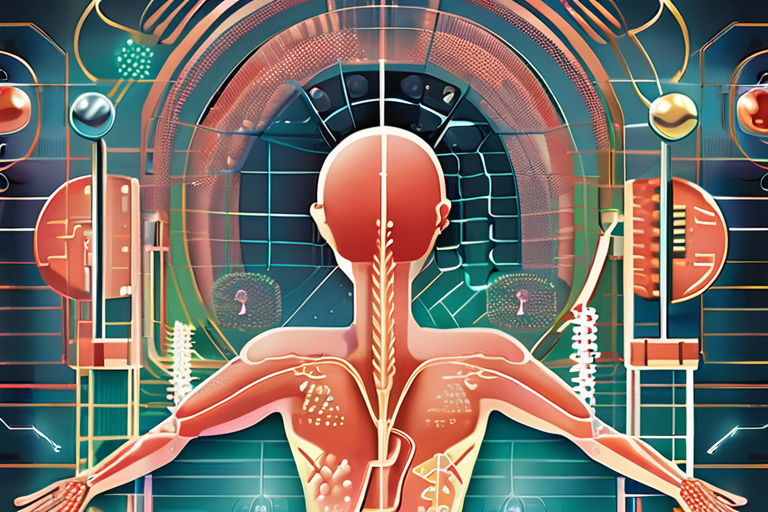
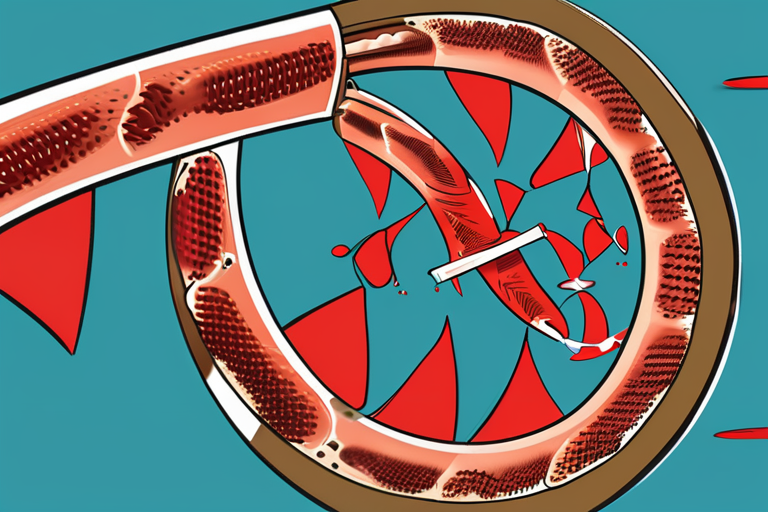
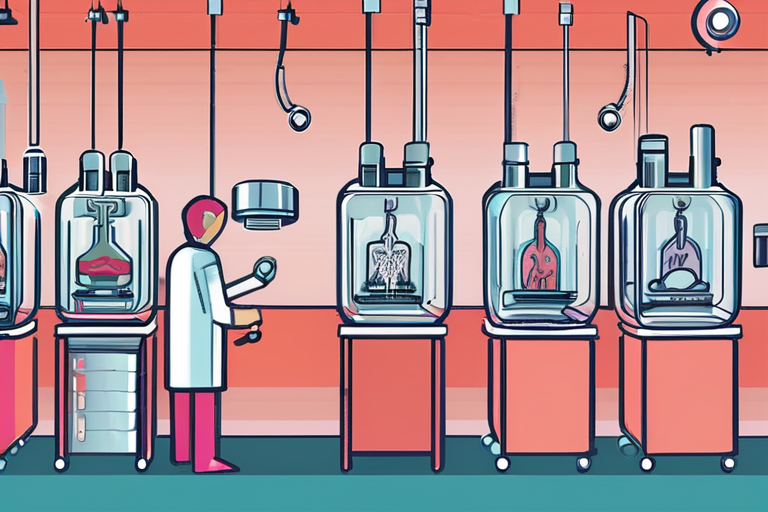
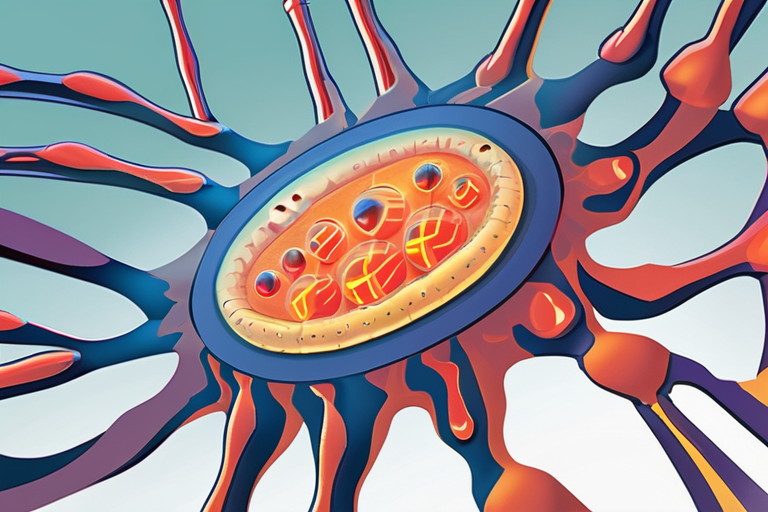

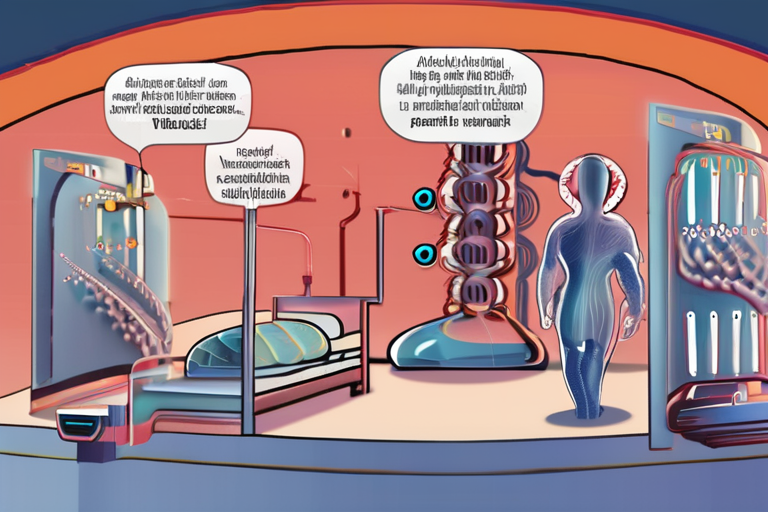

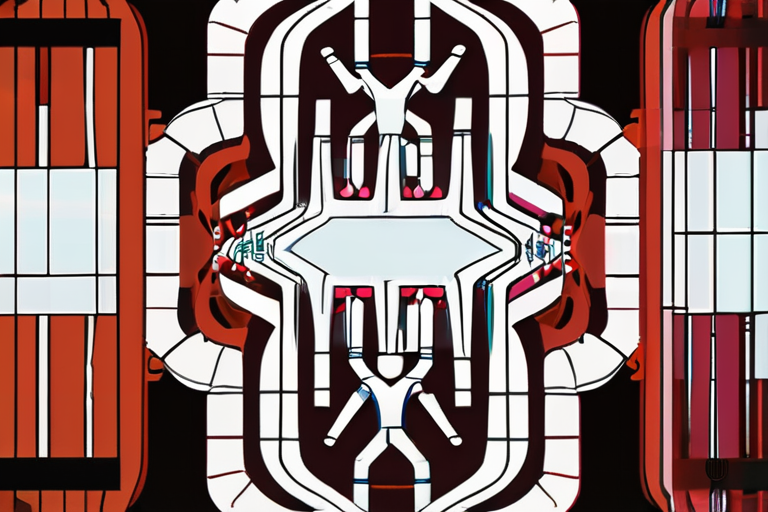
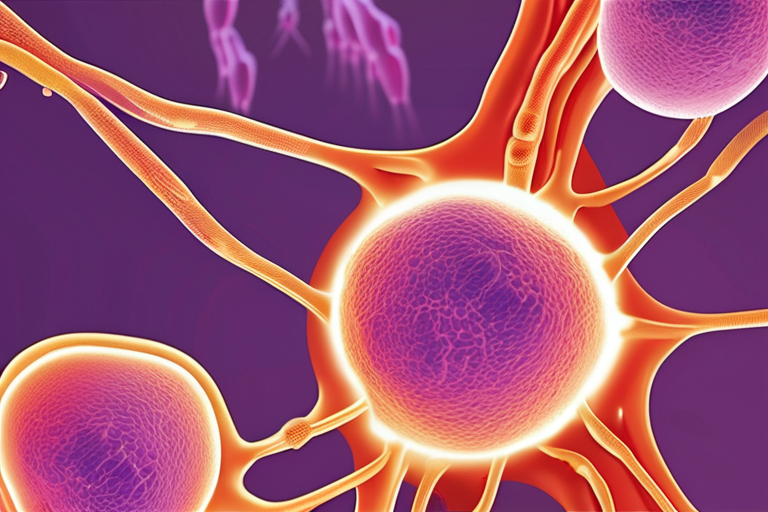
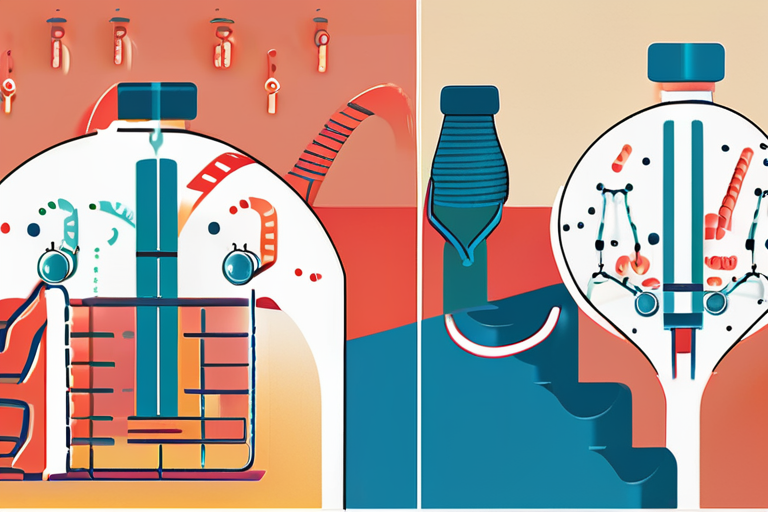
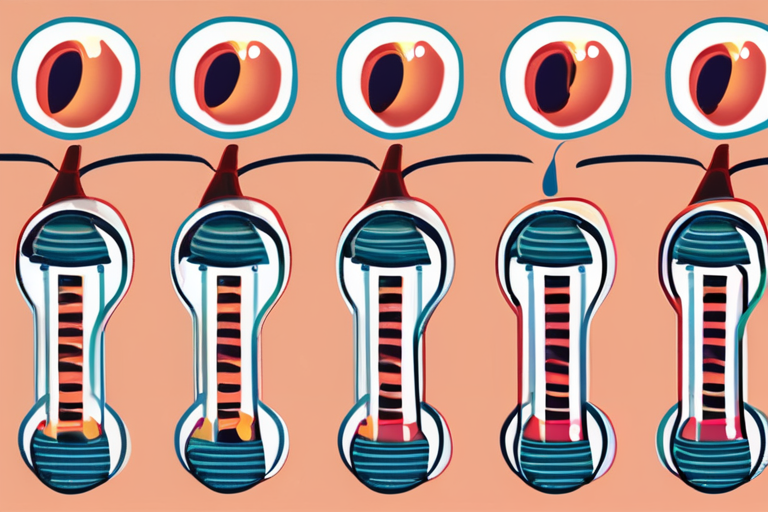

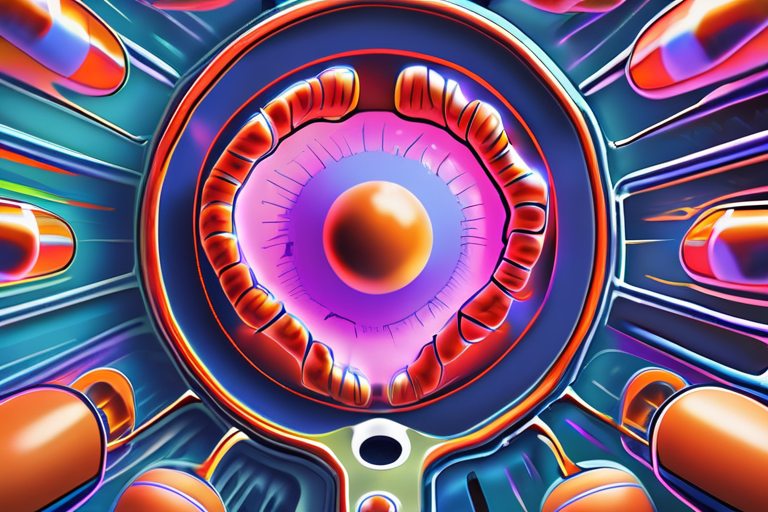
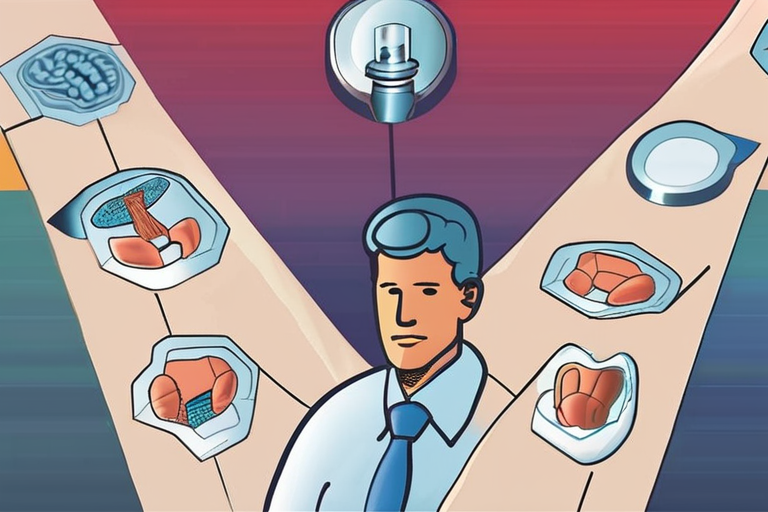
Share & Engage Share
Share this article